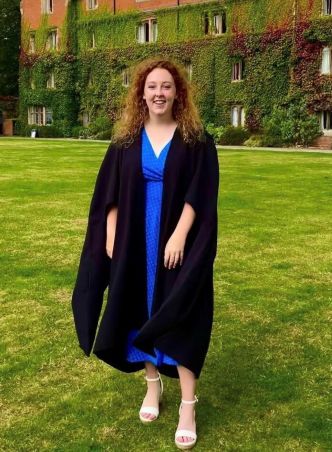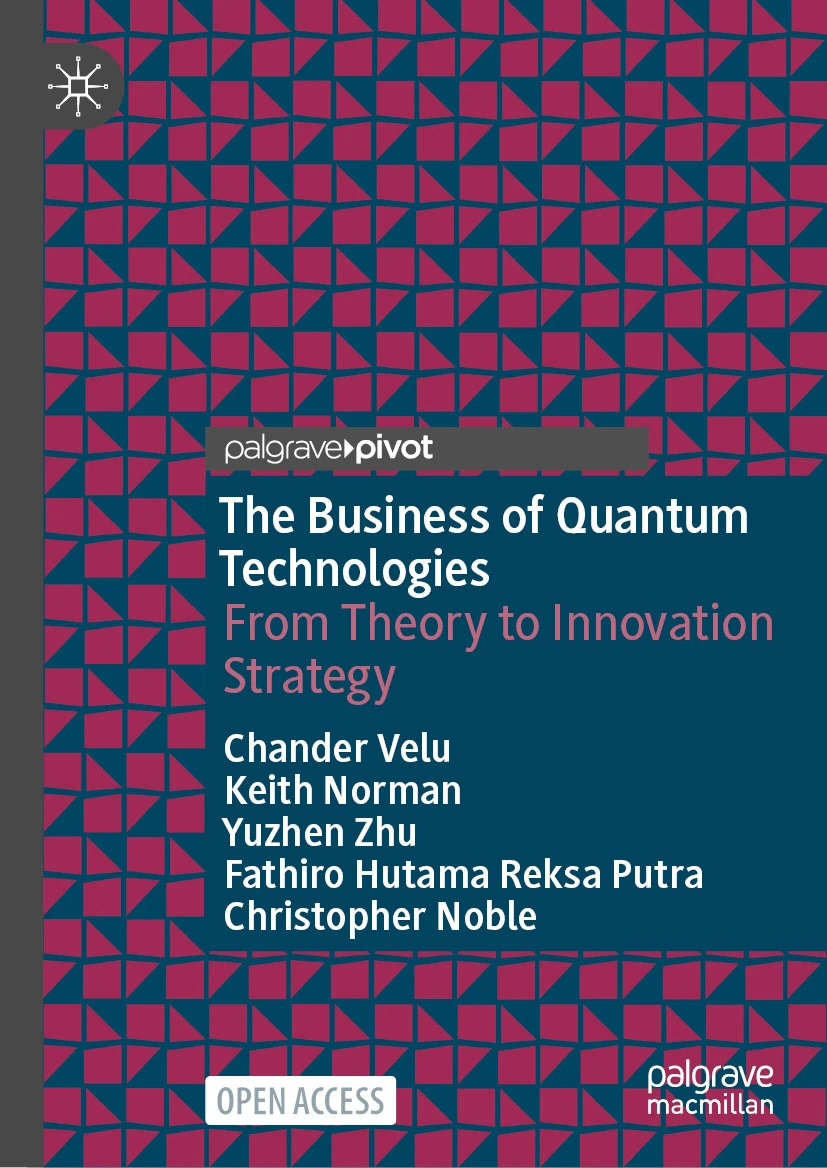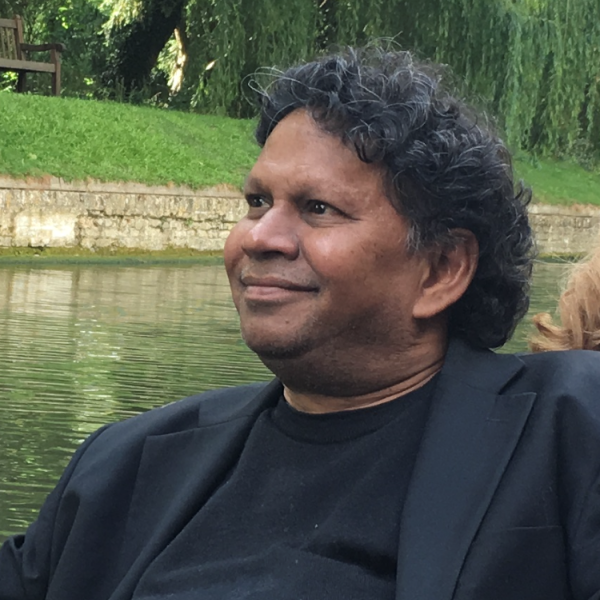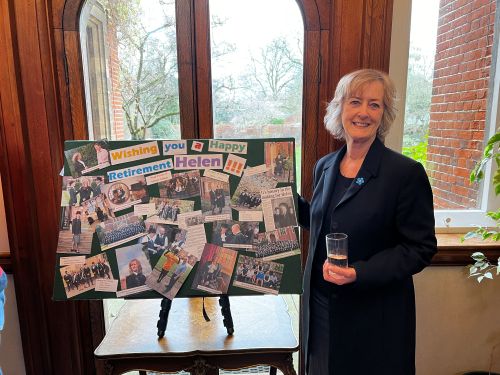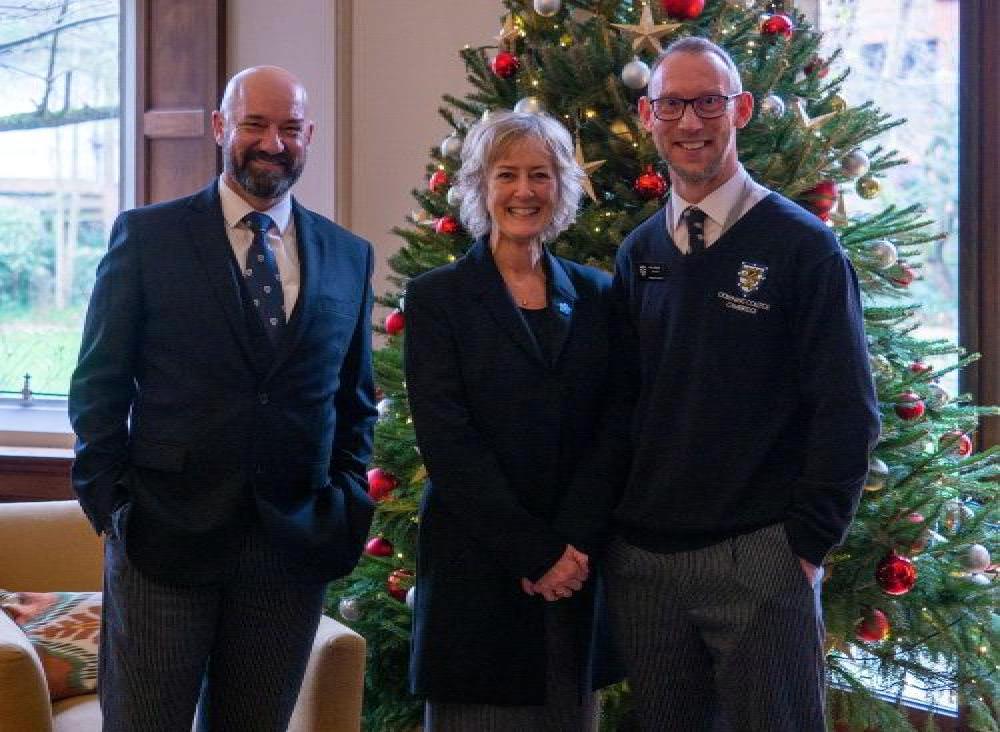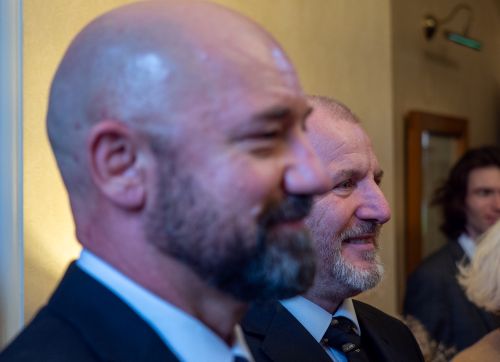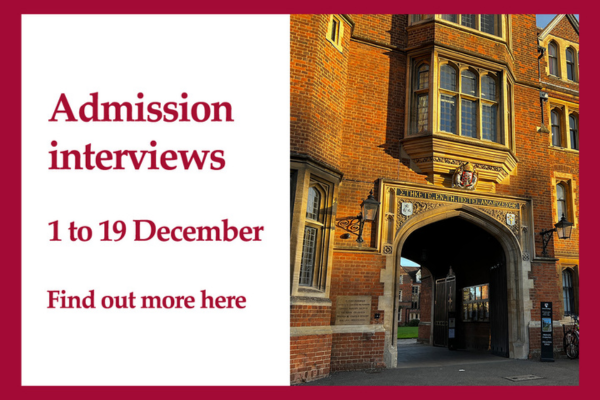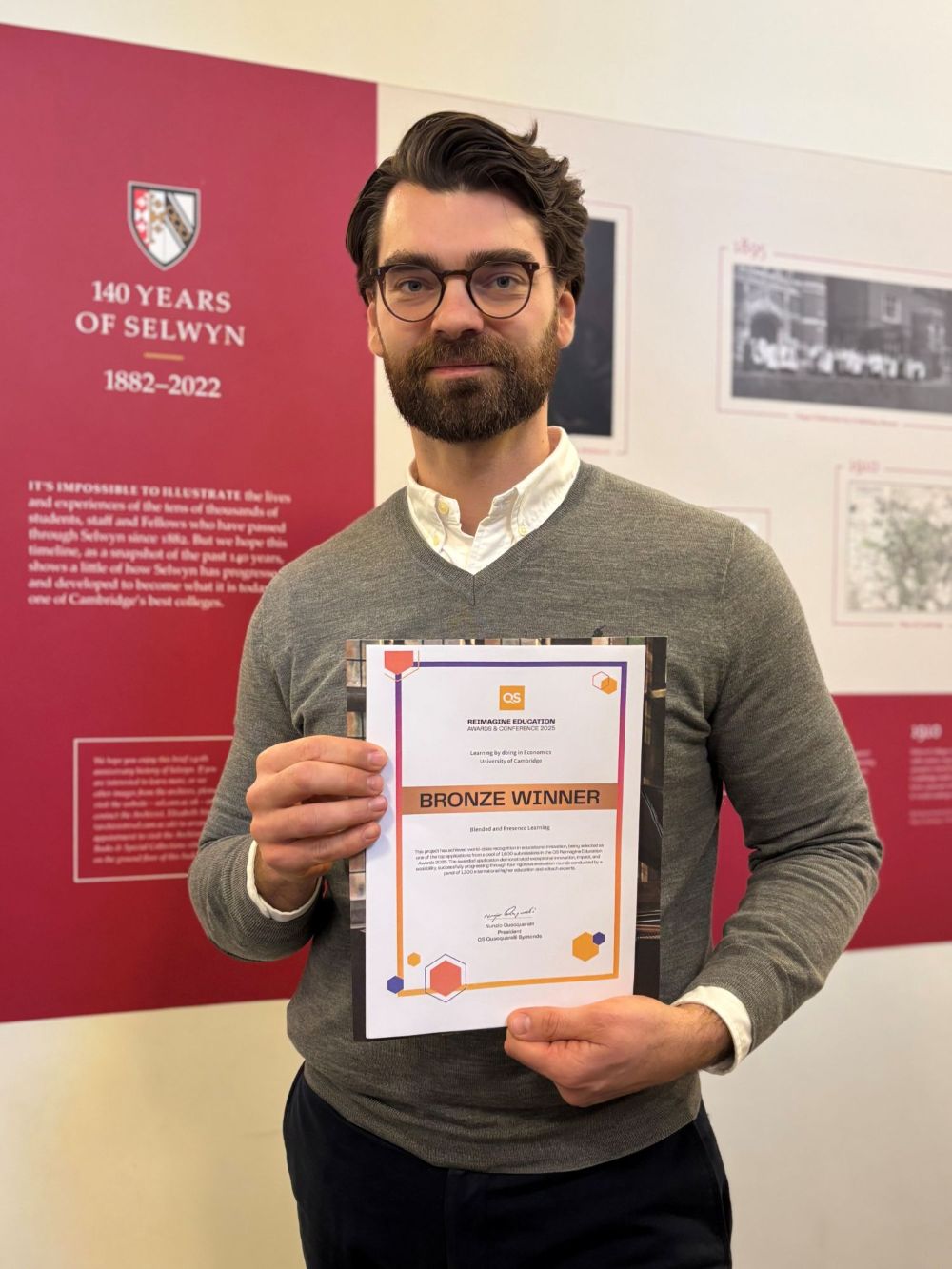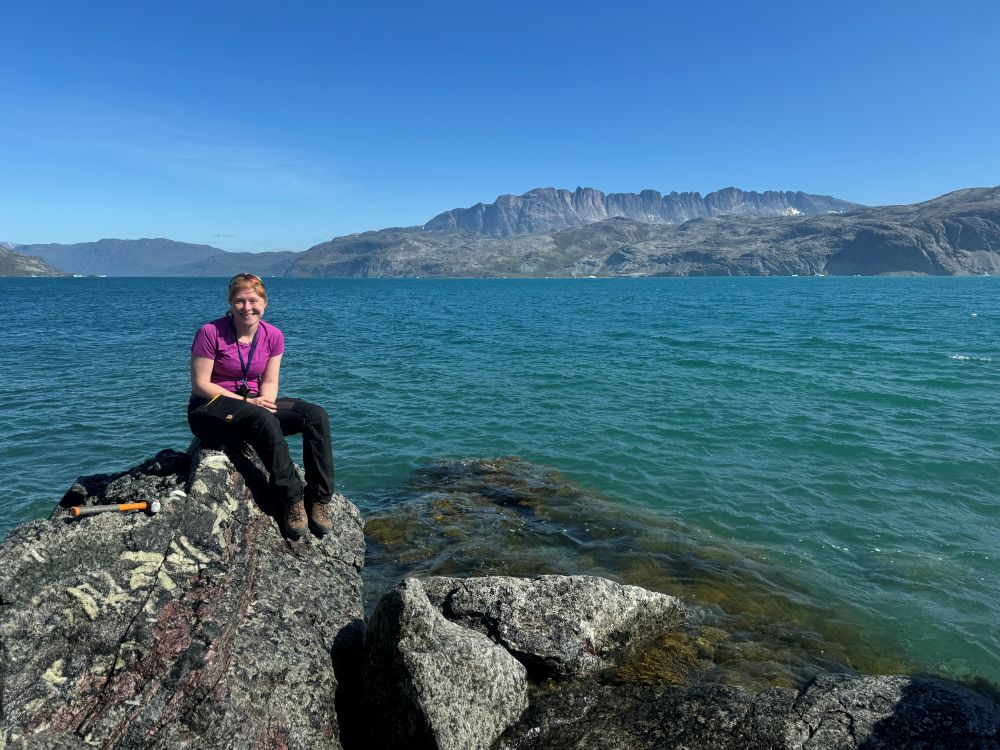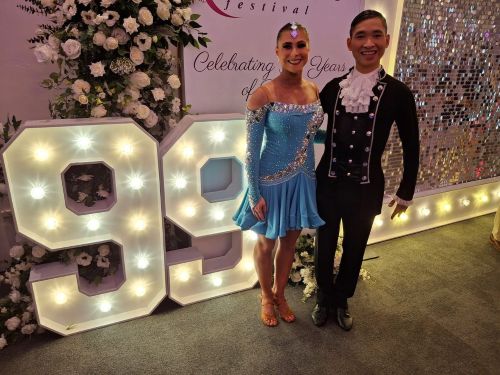A routine archaeological training excavation led to an extraordinary discovery, with one of our students, Grace Grandfield, among those at the centre of it.

Archaeology student Grace was going into the final week of her four-week placement at Wandlebury Country Park near Cambridge when she and fellow students uncovered a burial pit containing the remains of around ten young men, dating to about the 9th century AD.
Alongside four complete skeletons, the team found body parts grouped together — including clusters of skulls and a stack of leg bones — pointing to extreme violence and possibly execution. Some remains show clear signs of decapitation, while others appear to have been bound before burial.
Speaking on Radio 4's PM programme aired on Wednesday, 4 February 2026, Grace described how powerful the experience was.
"In the first three weeks, we didn't find much. The dig leaders thought to make it more exciting we would recover a part of a skeleton which had been found the year before. And everything just came from there,” said Grace.
“It was an Anglo Saxon Viking burial pit, which there had just been kind of a lot of bodies dumped in there, in not the most gracious manner. It's so different from what you learn in class, and I don't think anything we learned about the realities of human remains, or archaeology could have prepared you for actually being the person who's putting together the pieces of this really gruesome puzzle.
“I was working with our osteologist, and she mentioned the fact that they were between kind of 17 and 20, and that's just, that was the same age as me. And that made it feel a lot more real that - even though it was a thousand years ago - these are people with whom I've got things in common with.
Archaeologists believe the burial may be linked to conflicts between Saxons and Vikings, at a time when Cambridgeshire lay on a contested frontier between rival kingdoms. One individual, exceptionally tall for the period, also shows evidence of trepanation — an ancient surgical procedure — suggesting attempts to treat serious medical conditions.
The find is now the most significant discovery made during years of student training digs at Wandlebury, highlighting the real-world impact of undergraduate fieldwork. Further scientific analysis, including ancient DNA, is underway to learn more about who these individuals were and how they met their deaths.
Grace’s experience also features in the BBC’s Digging for Britain aired on Wednesday 4 February 2026.
Read the full University of Cambridge story here: https://www.cam.ac.uk/stories/wandlebury-training-dig-burial





